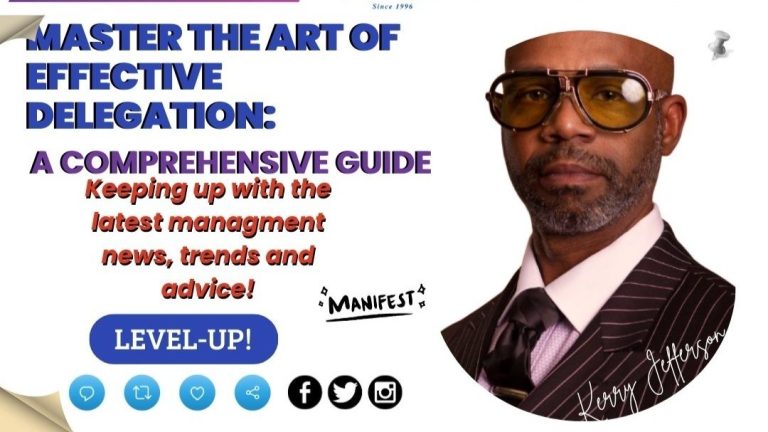What Happens When You Build for Meaning
When you build for meaning, something shifts at the core of your business. It’s no longer just about efficiency, growth, or market dominance—it becomes about purpose, resonance, and impact. Meaning is not a metric, but it shapes every metric. It’s not a strategy, but it informs every strategy. When meaning is the foundation, decisions feel more intentional, relationships deepen, and the work itself becomes more fulfilling. A business built for meaning doesn’t just function—it matters.
Meaning begins with clarity. It asks why the business exists beyond profit, what it stands for, and who it serves. This clarity becomes a compass, guiding choices in product development, hiring, branding, and customer experience. Companies that build for meaning don’t chase every opportunity—they choose the ones that align. They don’t just ask what will sell—they ask what will serve. This kind of focus doesn’t limit growth; it strengthens it. It creates coherence, which customers feel and employees trust. Patagonia, for example, has built its brand around environmental stewardship. That commitment shapes everything from supply chain decisions to marketing campaigns. The result is not just loyalty—it’s advocacy.
Internally, building for meaning transforms culture. People want to be part of something that matters. When employees understand the deeper purpose of their work, they engage more fully. They’re not just completing tasks—they’re contributing to a vision. This sense of meaning fosters resilience, especially during challenges. It helps teams navigate uncertainty with a shared sense of direction. It also encourages collaboration, because people are united by values, not just goals. A company that builds for meaning doesn’t need to manufacture motivation—it cultivates it through connection.
Meaning also enhances leadership. Leaders who prioritize meaning lead with empathy, curiosity, and conviction. They don’t just manage—they inspire. They understand that their role is not just to drive performance, but to nurture purpose. This kind of leadership creates trust. It invites dialogue, encourages reflection, and supports growth. Leaders who build for meaning ask deeper questions: What impact are we having? What legacy are we leaving? What kind of culture are we creating? These questions don’t slow down progress—they elevate it.
Customer relationships deepen when meaning is present. People don’t just buy products—they buy into stories, values, and experiences. When a business communicates its purpose clearly and consistently, customers feel connected. They see themselves in the brand’s mission. They become more than consumers—they become participants. This kind of relationship is durable. It’s not based on price or convenience—it’s based on shared meaning. Brands like TOMS Shoes have built their identity around giving. Customers don’t just purchase shoes—they support a cause. That emotional connection creates loyalty that transcends transactions.
Innovation also benefits from a foundation of meaning. When teams are guided by purpose, they’re more willing to take risks, explore new ideas, and challenge norms. They’re not innovating for novelty—they’re innovating for impact. Meaning provides context, helping teams evaluate which ideas are worth pursuing. It also fuels creativity, because people are more engaged when they care. A business that builds for meaning doesn’t just ask what’s possible—it asks what’s meaningful. That shift leads to solutions that are not only effective but transformative.
Even the way time is experienced changes when meaning is present. Work feels less like a grind and more like a contribution. Meetings become opportunities for connection, not just coordination. Deadlines carry weight, not just pressure. When people understand the “why” behind their work, they relate to time differently. They prioritize what matters, they focus more deeply, and they recover more intentionally. Time becomes a medium for meaning, not just a measure of productivity.
Building for meaning also creates resilience. When challenges arise, a clear sense of purpose provides stability. It reminds people why they started, what they’re working toward, and what they value. Meaning becomes a source of strength, helping businesses navigate change without losing their identity. It fosters adaptability, because the focus is not on preserving structure but on preserving purpose. Businesses that build for meaning don’t just survive—they evolve with integrity.
Technology can support meaning, but it must be used thoughtfully. Digital tools can enhance communication, streamline operations, and personalize experiences. But they must be guided by values. A business that builds for meaning uses technology to deepen connection, not just drive efficiency. It designs systems that reflect its purpose, that respect users, and that support human flourishing. Technology becomes a tool for meaning, not a distraction from it.
Ultimately, building for meaning is a choice. It’s a decision to prioritize depth over speed, connection over control, and purpose over performance. It’s not always the easiest path, but it’s the most enduring. Businesses that build for meaning create more than value—they create legacy. They become places where people grow, where ideas flourish, and where impact is felt. And in a world that often feels fragmented and fast-paced, meaning offers something rare: a sense of coherence, a sense of belonging, and a reason to keep going.







